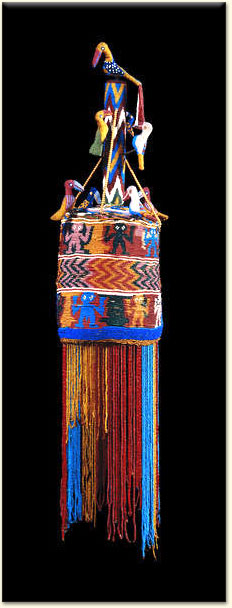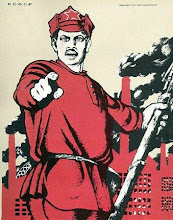Tuesday, May 01, 2007
Black Coffe And America's Kingdom
The Blog qahwasada ( qahwa sada or qahwa sawda' = black coffee )
has an excellent series of postings on America's Kingdom by Robert Vitalis. This is a history of our relations with Saudi Arabia.
http://www.qahwasada.com/
excerpt:
"America’s Kingdom is most basically about the organization of the labor process in the oil industry in Eastern Saudi Arabia during the time when the private U.S.-owned company known as ARAMCO was charge of exploration and production, starting in the 1930s. My book identifies the racist order built by ARAMCO in Dhahran and the other company campsites for what it is, a Jim Crow system, meaning that its white American executives pursued a purposeful, planned project of discrimination and forced segregation. I show that firms generally in the U.S. mining industry organized the labor process in this way in, among other places, what was then Indian territory, Arizona, “New” Mexico, and so on, beginning in the 1860s and 1870s in the copper industry, and, a decade or two later in the newly emerging oil industry, and when American oil firms move beyond the Caribbean Basin (Mexico, Trinidad, Colombia, Venezuela) and start to explore for oil in the Gulf and its surroundings.
At stake was what I call the “racial wage.” All firms paid miners, drillers, and other skilled and unskilled labor different wages according to race. And ending the racial wage became the issue that pitted the subordinate races against not only the white owners and managers but also the privileged caste of workers in strike after strike across the nineteenth and early twentieth century. The full panoply of Jim Crow institutions—segregated housing, differential access to services, let alone the degradation and humiliation of white supremacist thought—worked to buttress the labor control regime. The system was exported everywhere U.S. firms went, although it has not been noticed anywhere by anyone writing about oil in the past few decades, with one important exception. The historian Miguel Tinker Salas has been working on a similar project in the case of the Creole (Exxon’s subsidiary) camps in Maracaibo, Venezuela, when oil exploration began there in the 1920s.
I also explain the causes for, in this case, the halting and partial steps to dismantle the Jim Crow order inside the kingdom, which happens during the brief moment of a Saudi labor movement in the 1950s and what I call an incipient challenge to the hierarchy of the camps, the world oil market, and American hegemony launched for different reasons by a set of progressives in government and their allies in the royal family."
Subscribe to:
Post Comments (Atom)

















No comments:
Post a Comment